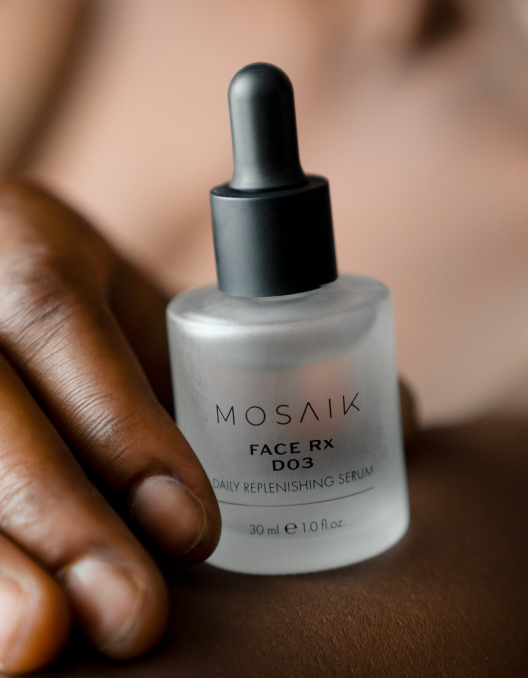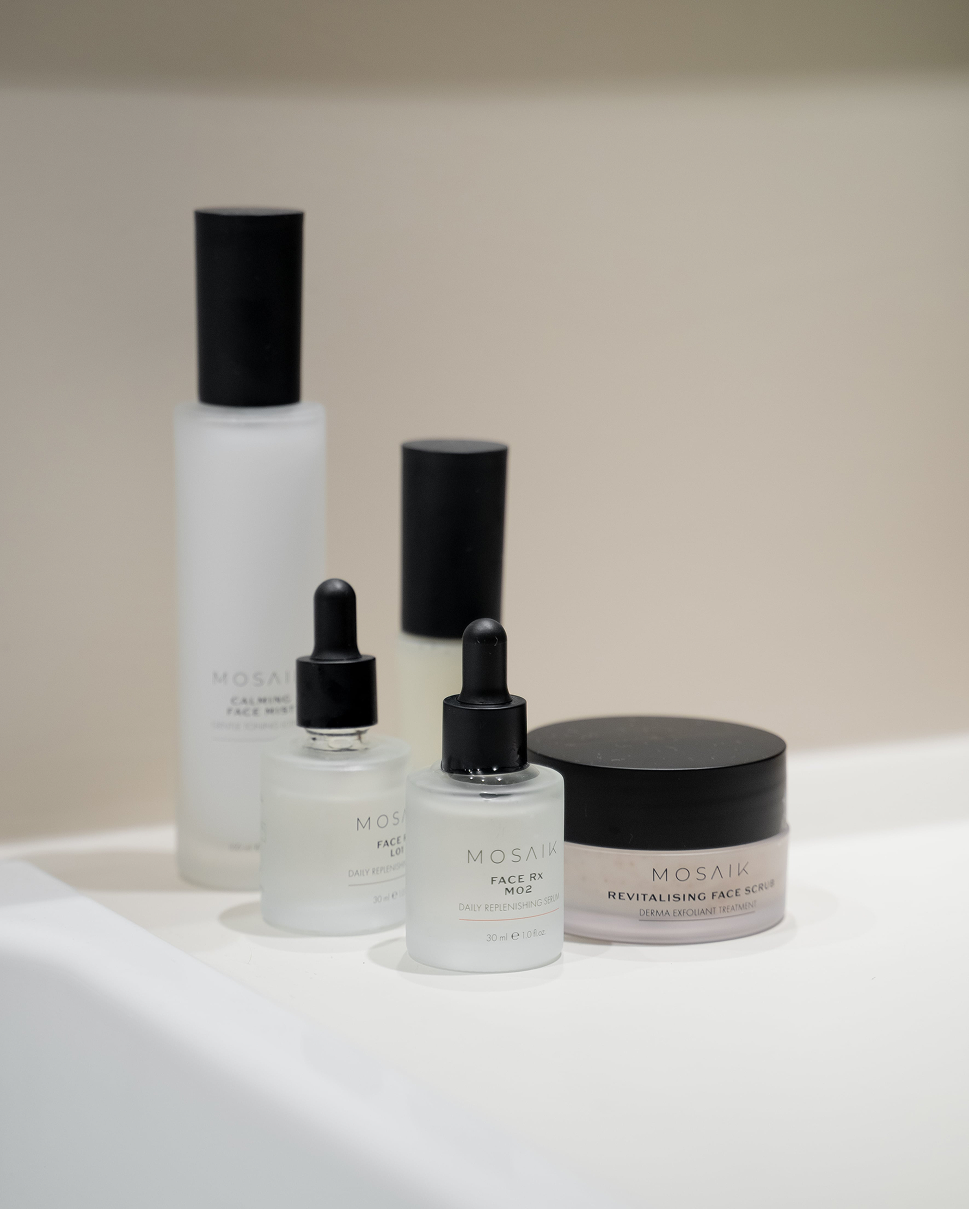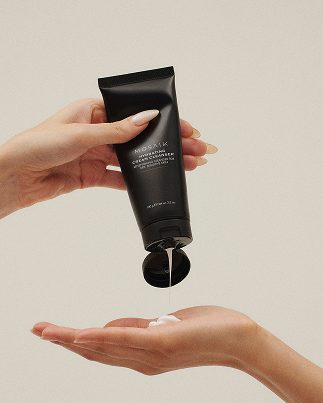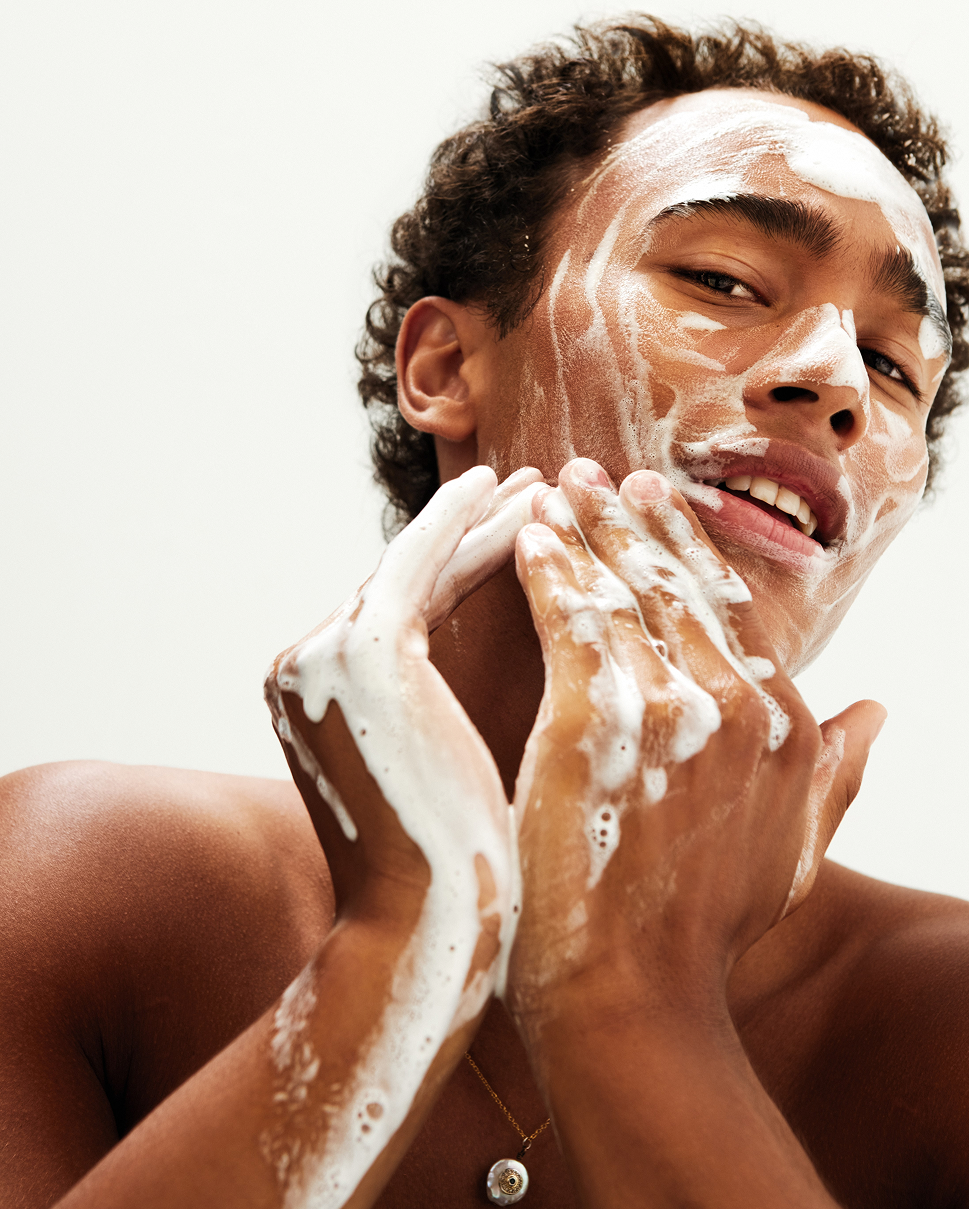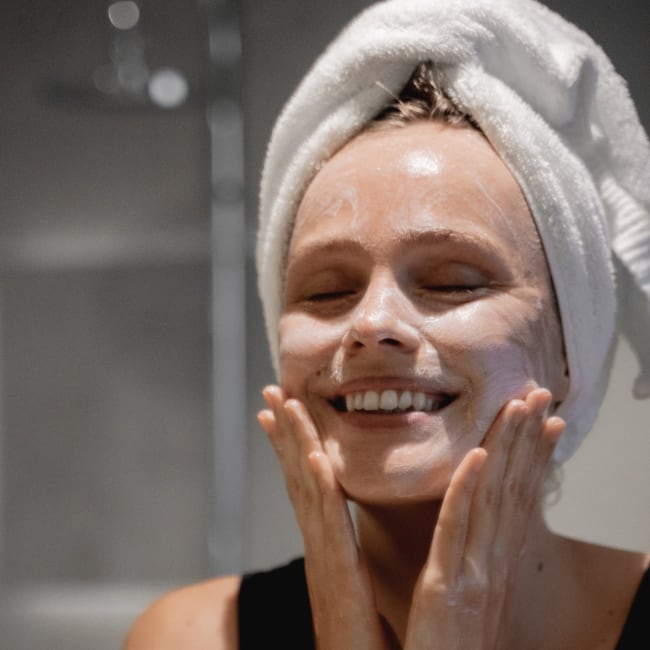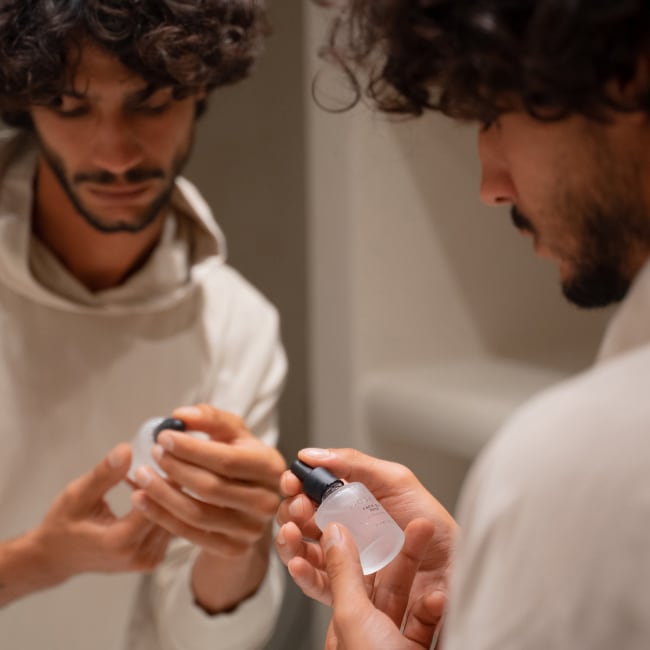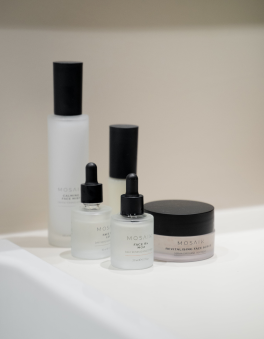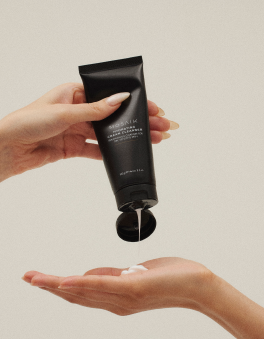While it’s important to understand and treat your skin according to your skintype, it is just as important to take into consideration your environmental surroundings. Levels of sun exposure, pollution concentration, wind speed, as well as water quality can all compromise your skin’s condition.
Sun Exposure
No matter where you live, whatever the weather or season; sun protection is crucial. Many of us never think to apply sunscreen during winter or early spring months, but it is simply put, the best (preventative) treatment and care you can give to your skin. Why is it so important? Sunscreen protects against UVA rays all year round, reducing the effects of skin ageing; premature fine lines and wrinkles, loss of elasticity, breakdown of collagen, and weakening of the protective skin barrier - which can lead to other irritation and problems. SPF is the most crucial skincare you can incorporate into your daily regime.
Pollution Levels
Pollution particles are microscopic, 10-20x smaller than our pore size which means they can infiltrate into the deeper layers of the skin. This can result in the increase of inflammation; triggering acne, rosacea, and skin pigmentation. Free radicals also up-regulate damaging enzymes such as MMP-1 which break down collagen and elastin. If you live in an urban area with high concentrations of pollution, it is very important to remove these particles at night, with a good cleansing routine. Nighttime is when our skin regenerates, so it’s the perfect time to apply an antioxidant-rich serum or booster, these help to reduce and treat any free radical damage incurred during the daytime.
Strong Winds
While coastal air may feel like it’s doing you the world of good, your skin might react differently. Living by the sea can often mean an increase of exposure to high winds, and often, harsher weather conditions. This can disrupt the skin surface barrier affecting the skin’s ability to retain moisture, resulting in increased dryness, tightness, and even cracking. As a rule of thumb if your skin feels tight after washing it is likely the cleanser you are using has disrupted your skin barrier. Skin should feel calm and hydrated after washing, if you are reaching immediately for your moisturiser you may want to consider a more gentle cleanser. Look for serums or gel-based moisturisers that contain hyaluronic acid or vitamin E to retain moisture and a cream or lotion for extra barrier protection and nourishment.
Water Quality
Water has a great effect on the skin. The alkaline minerals in hard water can strip away moisture and essential oils from your skin which help to protect and prevent dryness and irritation. Hard water may also damage your skin by causing sensitivities and reactiveness; often causing flare-ups in inflammatory skin conditions such as eczema and rosacea.
Luckily skincare can work to counteract the effects of environmental surroundings and conditions. These external factors often dry, damage, or irritate the skin and so, it is important to find products that help to protect the skin barrier. Products should also contain active ingredients which help to detoxify, repair, and treat the skin. Find cleansers that are non-irritating, hydrating and formulated with naturally derived ingredients that do not damage the skin barrier by stripping away essential oils. If your skin is chronically dry, find a super hydrating serum or moisturiser that is non-comedogenic (will not cause acne) to help hydrate and preserve moisture in the skin. And don’t forget a high quality and high number SPF. Your skin will thank you; now as well as years to come.

